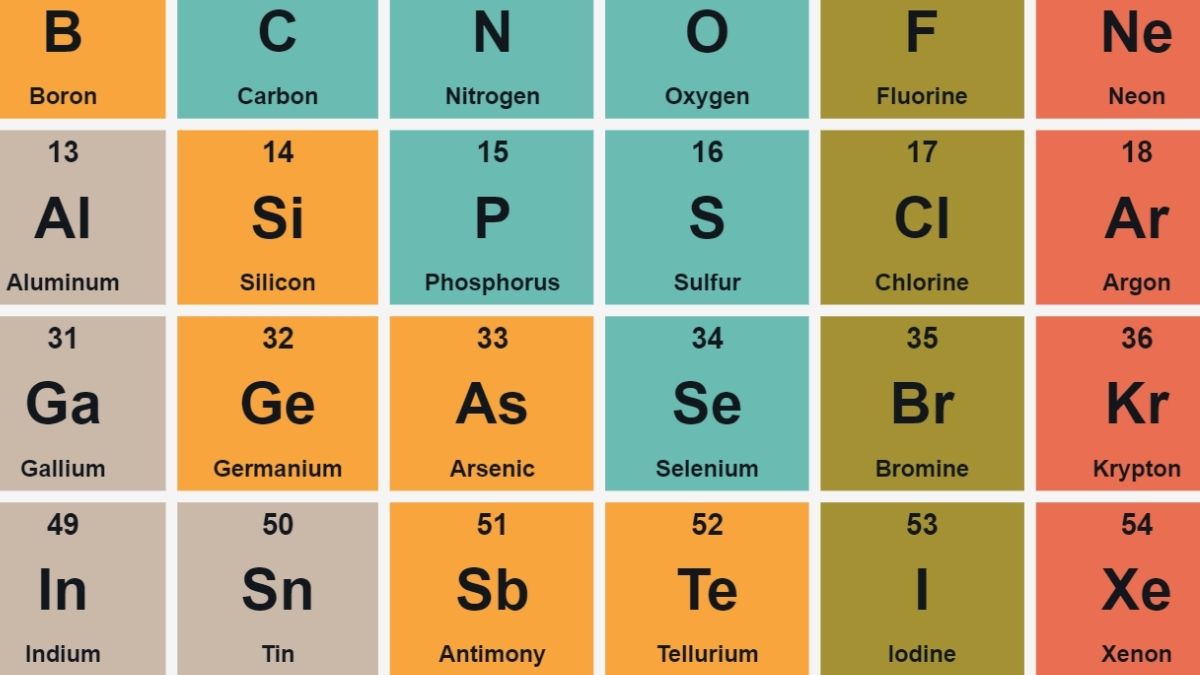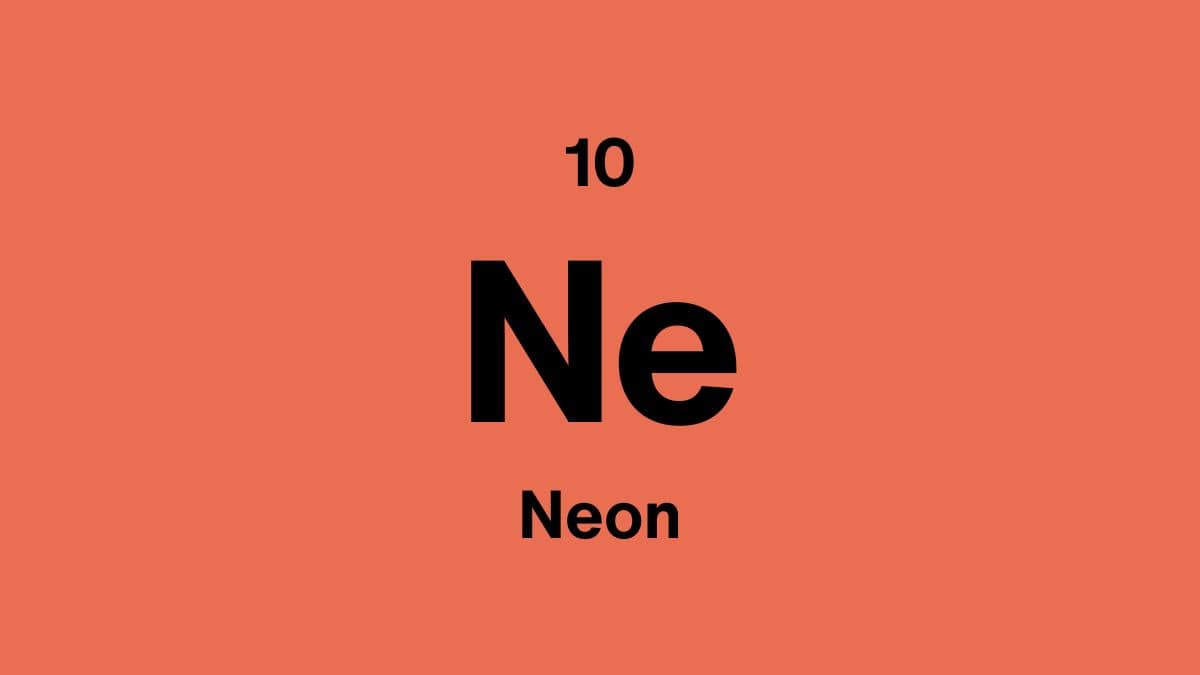Introduction:
On February 7th each year, some scientists, educators, and enthusiasts around the world unofficially celebrate International Periodic Table Day. While not widely recognized on a global scale, this day holds special significance for those who are passionate about the elemental building blocks of our universe. Let's delve into the origins of this unofficial day, explore the rich history of the periodic table, and understand why it has become a cherished occasion for some individuals.

The journey of the periodic table dates back to the 19th century when chemists were grappling with the classification of the increasing number of known elements. Dmitri Mendeleev, a Russian chemist, is credited with a pivotal breakthrough in 1869. Mendeleev organized the known elements based on their atomic masses, grouping them in columns with similar properties and leaving gaps for undiscovered elements. This early version laid the foundation for the modern periodic table we know today. The table evolved as our understanding of atomic structure deepened, and it now stands as a testament to the intricate relationships between elements, guiding scientists and students alike through the exploration of the fundamental nature of matter. The history of the periodic table is a captivating narrative of human curiosity and scientific progress, making its celebration, even on an unofficial basis, a nod to the enduring legacy of Mendeleev and those who followed in his footsteps.
Global Celebrations and Activities:
While International Periodic Table Day is not universally acknowledged, some individuals, educational institutions, and science organizations may choose to mark the occasion with local or community events. These celebrations can include lectures, workshops, and exhibitions that highlight the practical applications of various elements and showcase the beauty of the periodic table.
Educational Outreach and Inspiration:
For those who choose to recognize the day, it offers an excellent opportunity for educational outreach. Informal classes, interactive experiments, and quizzes may be organized to make the study of chemistry more engaging and accessible. The emphasis is often on inspiring curiosity and fostering an appreciation for the scientific marvels that surround us through the exploration of elements.
Online Engagement and Social Media:
In the age of digital connectivity, enthusiasts often take to the internet to share their fascination with the periodic table. Social media platforms become a virtual stage for scientists, educators, and enthusiasts to exchange interesting facts about elements, post visually appealing infographics, and encourage discussions on the significance of the periodic table.
Conclusion:
While International Periodic Table Day is not an officially recognized global event, it remains a day of celebration and reflection for those who find inspiration in the world of chemistry. Whether you are a seasoned chemist or someone with a budding interest in science, February 7th provides an opportunity to marvel at the wonders encapsulated within the rows and columns of this remarkable chart, even if it is on an unofficial and localized level. Happy International Periodic Table Day to those who choose to observe it!



